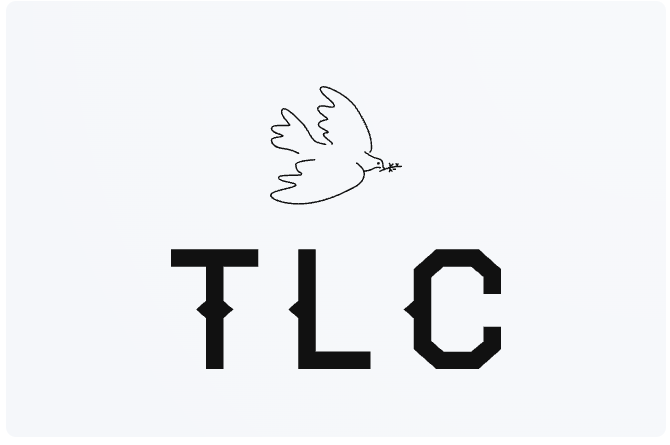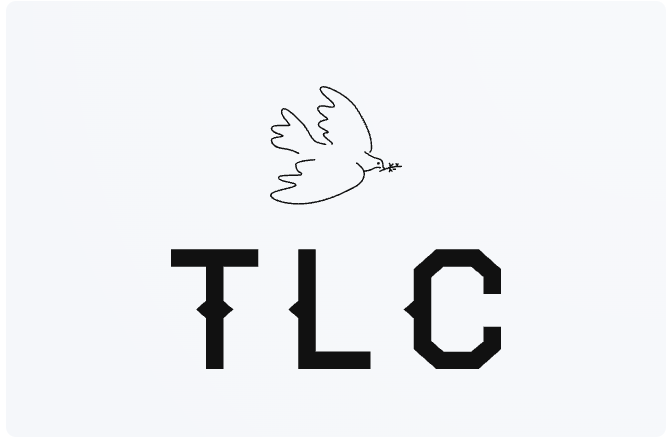Overview
The curriculum teaches how to speak and read in English. The books and materials that are used give examples of how to live peacefully. They model the Social Emotional Learning ( SEL) attitudes and skills for just and cooperative classrooms, schools and communities. SEL includes empathy, problem-solving, inclusion along with the cognitive skills of analysis and critical thinking.
The program fosters home languages by using them as a bridge to English language learning.
The books and lesson guides that constitute the curriculum are matched to the research on the beginning stages for learning how to read. What is unique about L4PJ is that it uses the language on the page of the book to provide models for how to speak in English.
Stage 1 develops language and a love of books with “pattern books” modeling sentences which have the format of subject, object and an action. Students learn to match the spoken word that they hear to the words on the page. This is called speech-to-print match.
Students learn to use clues. Students follow along with the language pattern of the sentences in the book. They can learn to pair the first letter of the word with clues from the pictures.
( Grade 1) Students learn that words are made up of sounds that can be spelled by letters. They learn to sound out words (decoding) with simple books using a format called Consonant - Vowel - Consonant (CVC), using only regular (short) vowels: the /a/ sound in cat; or the /o/ sound in hog. The emphasis here is on using the present tense of the verb.
(Grade 2) Advances the complexity of the sentences: there are compound words and some of the words have double consonants at the beginning and end of words. There is continued practice with regular short vowels. Students learn the regular and irregular forms of common verbs in the present and past tense.
(Grade 3) introduces long vowels (the sound that the letter /a/ makes in the word cake) and rules that guide when a vowel sounds like the name of the letter. Complex language patterns are also introduced. An example sentence is as follows: The rays from the hot sun made the water dry up.
Successful completion of the 4 stages, advances readers to the ability to read simple but interesting books and use language to converse in English. As students progress through the stages, they acquire facility in asking and answering questions and can use English to summarize stories and their experiences of the world.



